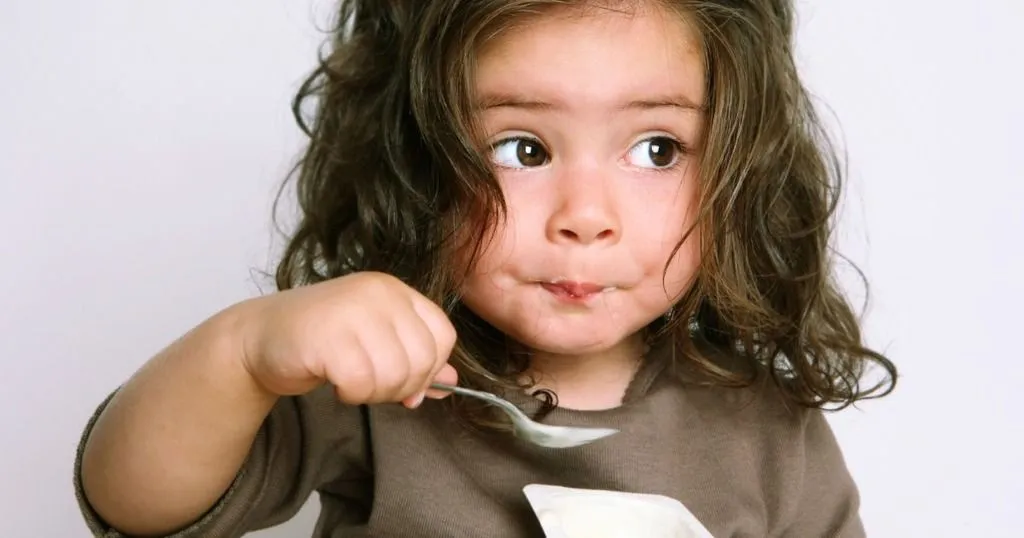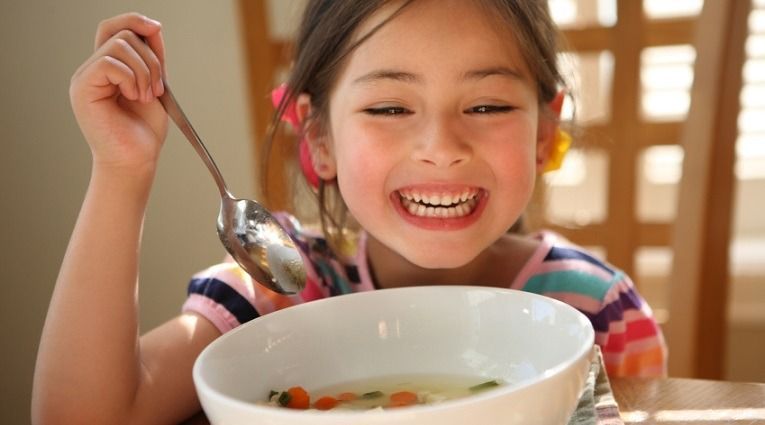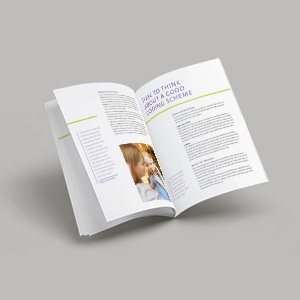Positive Behavior Support: Good behavior can be learned
With the observed increase in pediatric obesity in recent years, a child’s family, particularly his parents, may influence eating behavior, diet, and physical activity through their parenting and food choices.
Posted by
Published on
Wed 04 Nov. 2015
Topics
| Coding Behavior | Eating Behavior | Observational Research | Parent-child Interaction | The Observer XT | Infants |

‘Mom, what's for dinner tonight?’ It’s a daily recurring question from my children. Having dinner is an important part of the day and also a way for parents or caregivers to influence a child's diet.
With the observed increase in pediatric obesity in recent years, a child’s family, particularly his parents, may influence eating behavior, diet, and physical activity through their parenting and food choices.
Some factors that affect eating behavior can be: what and how much food do parents serve their children? To what extent do they encourage their children to eat healthy food instead of unhealthy food?
It’s important to raise awareness amongst parents of young children of the consequences of unhealthy eating habits, and teach them to create a healthy nutritional environment for their children.
Parent-child interaction therapy (PCIT)
The key to successful interventions is modifiable parenting practices. In the randomized controlled study by Montaño et al., researchers examined the relationship between positive behavior support (PBS) and dietary quality of the meals served to children in the age of 2 to 5 years, a critical period for the development of a dietary lifestyle.
Part of the study consisted of observing parent-child interaction while carrying out various tasks, including free play and cleaning up, followed by meal preparation. The main purpose of the study was assessing parenting behavior.

Positive Behavior Support
PBS stimulates positive behavior and prevents problem behavior. Instead of criticizing the things that go wrong, you compliment the things that go right.
People, especially children, thrive in a positive environment, so hearing compliments, stating clear expectations for positive behaviors, and positively engaging with the child should, in the context of healthy diets, prevent them from making unhealthy decisions and get used to unhealthy nutrition habits. This can optimally be measured using direct observations.
For parents of young children it's important to get feedback on their strengths and on the issues that may need improvement; this may need to happen on a regular basis. For example, parents need to hear whether the food they choose to buy and prepare for their children is the right food and whether the way they encourage their children to eat healthy food is the optimal way.
Reducing problem behaviors
731 families were included in the study by Montaño et al. 367 of these were randomly assigned to the intervention condition: the Family Check Up (FCU). The FCU ensured that parents' use of PBS improved and observed problem behaviors reduced. For this, home visits and feedback sessions were scheduled for each year from ages 2 to 5.
The researchers used three different kinds of observation scales to assess the degree of PBS observed in each family. The Observer XT provided researchers with a measurable scale to determine the level of involvement between parents and children. For this purpose, direct observation of the parent-child interaction were coded as either positive or neutral engagement.
Results of the research
The findings of this study were noteworthy. Results provided strong evidence that PBS has a positive effect on better dietary quality, across the three years of study. Positive behavior management and parents who provide their children with healthy eating and feeding behaviors in early childhood are an important basis for establishing a healthy nutritional environment. To prevent pediatric obesity, PBS is certainly one key to success.
Reference
To read more on this study, find the original results here:
Montaño, Z.; Smith, J.D.; Dishion, T.J.; Shaw, D.S. & Wilson, M.N. (2015). Longitudinal relations between observed parenting behaviors and dietary quality of meals from ages 2 to 5. Appetite, 87, 324-29.
Related Posts

Exploring the early development of referential gestural communication

How do parenting practices relate to children’s nutrition risk?


